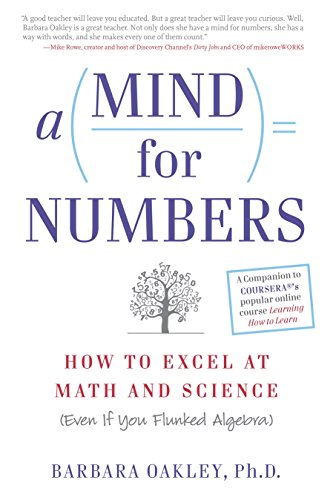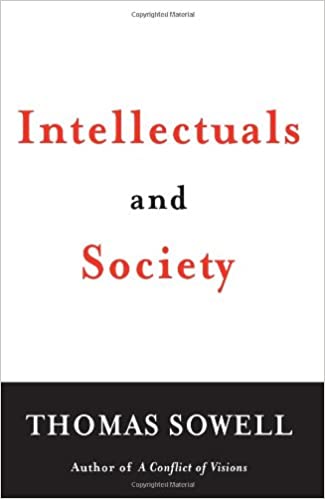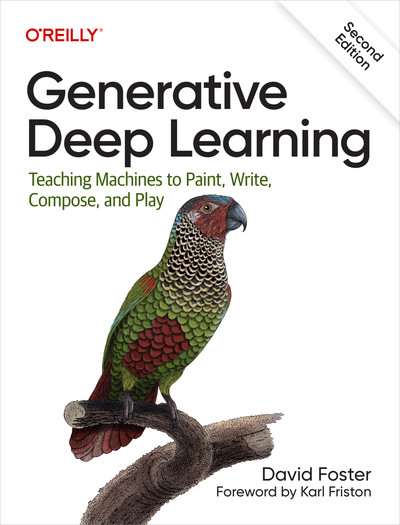Book roundup, February 2021
A mind for numbers
This book is the accompanying material for the popular Coursera course, learning how to learn. I wish I had read this book/course earlier, so that my GPA did not have to tank. More importantly, it also gives advices on how to learn in a continual, but often bite-size fashion. This is ever more important in my current stage, as no more formal learning, nor exams, is required, yet acquiring new knowledge in an efficient manner will largely determine one’s career. Here are something I’ve learned, in order to make learning more effective.
-
Recognize the focus mode and diffuse mode in learning. The formal is the more common format of learning: deriving equations, working through example question, but the benefit of the latter should not be overlooked. It takes place when you are doing something unrelated, even goes as far as, dozing off. One should allow the brain to thread the pieces together, e.g., seeing the big picture. This diffuse mode can be as valuable as the focus mode. If you can dream about the topics you are learning, that is a very sign!
-
Spacing the repetitions, so that we can move items in working memory to long-term memory. As in sports, muscle memory is a good thing, and can only be developed through repetitions. But we ought to do it smartly. Think learning a new subject as building a brick wall: it is unlikely we can finish a big wall in a short amount of time, hence one needs to give time for the mortar to cure. Be patient, and be organized.
-
Procrastination is not a sin, we are just human. But we can develop a plan to fight it, namely, following the 4-step plan: cue, routine, reward, belief. Usually, getting started is the most difficult part (getting out of the bed in the morning): once you tunnel through the barrier, the remaining tasks can be surprisingly pleasant (running under the rising sun in Central Park and enjoying the dopamine afterward).
My takeaway from the book? Make a todo list for the next day the night before, and “eat the frog” when planning. Try to use the pomodoro approach (25-minute focus work and 5-minute break) when possible. How to be productive, especially under the current circumstance, will yet to be a perpetual learning experience.
Intellectual and society
This is an interesting book, by a seemingly conservative author. The identity of the author, under the current climate, surly gives him more leeway to express some sensitive topics without worrying too much about repercussion, which by itself is a sad thing. These issues aside, I found this book a good reminder, to keep one’s, and in this context, intelligentsia, ego in check.
The author has a clear distaste for such intellectuals, mostly with a background in social science, for their role in society. His biggest argument is that, for such anointed, their work starts and ends with an idea. This is in stark contrast to professionals from other fields such as law and engineering, who will be held accountable should their works failed to meet the requirement. Unfortunately, these intelligentsia can more easily sway the opinion of the public, and at times, bring disastrous outcomes even with good intention. The author brought up some evidence to back up his claim, and by the token of his own argument, he could be biased as well. Maybe time to read some books on the opposite side?
While doing some random google search about this topic, I stumbled upon this video, which I think is a wonderful discussion about the role of the government (by the extension of intellectual) in society.





Leave a Comment